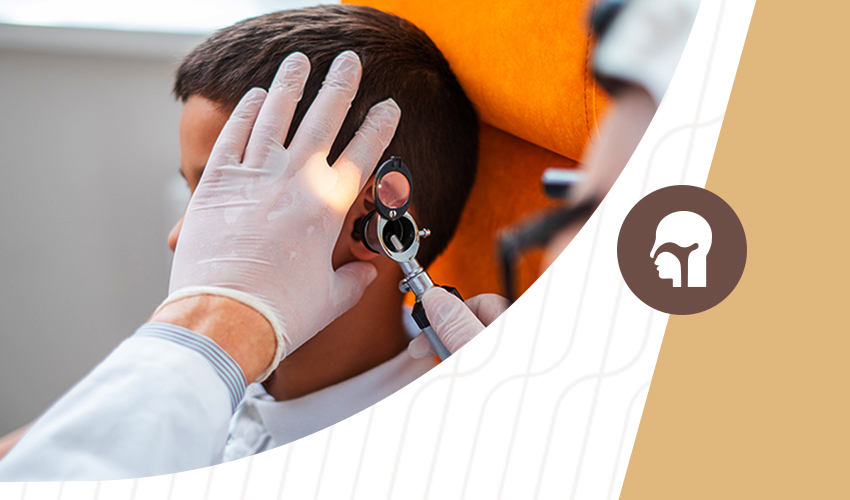- Our Doctors
- Our Specialities
Super Speciality
-
 Advanced Diagnostic and Interventional Radiology
Advanced Diagnostic and Interventional Radiology -
 Anesthesiology & Pain Management
Anesthesiology & Pain Management -
 Clinical Nutrition and Dietetics
Clinical Nutrition and Dietetics -
 Critical Care
Critical Care -
 Dental and Maxillofacial Surgery
Dental and Maxillofacial Surgery -
 Dermatology
Dermatology -
 Emergency and Trauma
Emergency and Trauma -
 Endocrinology and Metabolic Disease
Endocrinology and Metabolic Disease -
 Family Medicine
Family Medicine -
 General and Laparoscopic Surgery
General and Laparoscopic Surgery -
 General Medicine
General Medicine -
 GI Surgery, Advanced Laparoscopy and Gastro Oncosurgery
GI Surgery, Advanced Laparoscopy and Gastro Oncosurgery -
 Head and Neck Oncology
Head and Neck Oncology -
 Heart and Lung Transplant
Heart and Lung Transplant
-
- Key Procedures
- Our Hospitals
- International Patient
- Contact us
-
Quick Links


Head and Neck Oncology
The Head and Neck Oncology division at Meitta Hospital delivers advanced care in the treatment and prevention of cancers in the head and neck area. Head & Neck cancer includes cancer of the lip, oral cavity (mouth), nasal cavity, sinuses, pharynx, larynx (voice box), salivary glands, parathyroid and thyroid. The specialty is well equipped with advanced diagnostics and treatment technologies including a 3 Tesla MRI and 128 Slice CT Scanner.
Signs You Should See a Head & Neck Surgeon
If you notice any of these symptoms lasting for more than four weeks, it's important to consult a Head & Neck surgeon:
- Ulcers: A sore or ulcer in the mouth, tongue, or lip that won't heal, and white or red patches on your gums, tongue, or mouth lining
- Oral Mobility: Difficulty protruding your tongue or fully opening your mouth
- Gum Issues: Swelling in the gums causing issues with dentures fitting, and unusual bleeding, pain, or numbness in the mouth or cheek
- Ear and Head Discomfort: Ongoing earaches or headaches
- Throat Changes: Feeling like something's stuck in your throat or having a persistent sore throat
- Speech and Voice Changes: Slurred speech or hoarseness
- Swallowing Problems: Painful or difficult swallowing and breathing difficulties
- Facial Swelling: Cheek thickening, swelling around or under the jaw, possibly with numbness or facial paralysis
- Unexplained Weight Loss: Significant weight loss with no clear reason
- Neck Lumps: Progressive enlargement of lumps in your neck and streaks of blood in your sputum
വായിലെ ക്യാൻസർ അറിയേണ്ടതെല്ലാം ഡോ ദീപക് ജനാർദ്ദനൻ
Meet Our Doctors
Experienced Medical professionals for a superior patient experience.
Frequently Asked Questions
Can a CT Scan detect Head and Neck cancer?
Yes, CT scans are commonly used to assess the main site of head and neck cancer, examine lymph nodes, and determine the cancer's stage following the TNM system.
Is Head and Neck Cancer Dangerous?
Yes, without treatment, head and neck cancer can be life-threatening. But detecting it early and getting treatment promptly greatly improve the chances of a successful recovery.
What does the treatment plan look like for cancer?
The treatment plan for cancer depends on various factors like the cancer's stage, where it's located, the patient's age and overall health.
- Early-Stage Cancer: Treatment can be surgery or radiation. Further treatment may be needed if there are other factors that increase the risk of cancer returning.
- Locally Advanced Cancers: Treatment often includes surgery, and sometimes radiation or chemotherapy.
- Metastatic Advanced Cancers: If cancer has spread extensively, treatment focuses on improving the patient's quality of life and lifespan with palliative therapy. This can involve radiation therapy, chemotherapy, or immunotherapy based on the patient's health.

 +91 9393 108 108
+91 9393 108 108































































